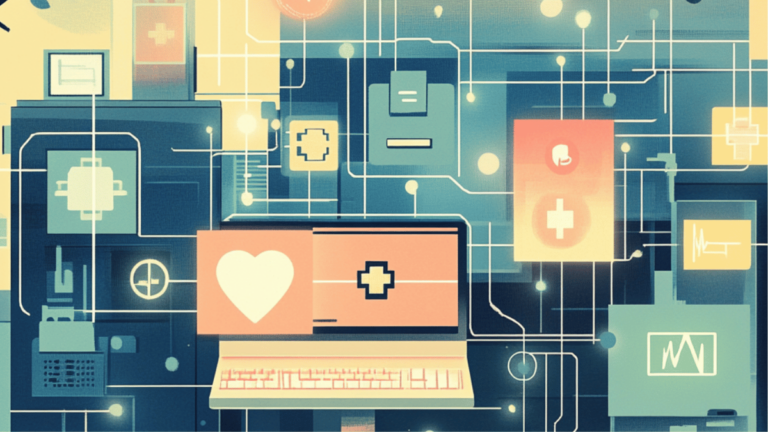Artivion, a prominent manufacturer of heart surgery devices, disclosed a significant ransomware attack that has disrupted its operations. The incident involved the encryption and acquisition of company files, prompting Artivion to take immediate measures to contain the breach.
According to a recent Form 8-K filing, Artivion responded swiftly by taking affected systems offline, launching an investigation, and engaging external cybersecurity and legal experts to address the situation. Despite these efforts, the incident has caused delays in order processing, shipping, and some corporate functions.
The company stressed that it will continue to deliver products and services to customers, stating that most disruptions have been mitigated. While the company believes the attack has not materially impacted its financial condition or operations thus far, it acknowledged the possibility of future risks, including additional costs and delays in system restoration.
Artivion confirmed that it had incurred expenses related to the incident and expects additional costs that its insurance may not cover. It also said: “As of the date of this filing, we believe that the incident has not had a material impact on the Company’s overall financial condition or results of operations and that the incident is not reasonably likely to have a material impact on its financial conditions or results of operations.”
In addition, Artivion said: “Responding to and assessing these types of incidents is inherently challenging, and these forward-looking statements are subject to a number of risks, uncertainties, estimates, and assumptions that may cause actual results to differ materially from current expectations, many of which are out of our control. As a result, the financial and operational impact from the incident may be more severe than currently anticipated.”
Broader Implications for Healthcare Cybersecurity
This attack shines a light on the vulnerability of critical healthcare infrastructure to ransomware threats, and Artivion’s disclosure follows an alarming trend of ransomware targeting healthcare entities, which have become high-value targets due to the sensitivity of their operations and data.
Most recently, Change Healthcare, a major provider of healthcare technology services and subsidiary of the global health giant UnitedHealth, suffered a ransomware attack that led to disruptions in its services.
The incident involved unauthorized access and encryption of sensitive systems, affecting operations critical to healthcare providers and patients. It has since been revealed that around a hundred million Americans may have had their sensitive health data leaked onto the dark web, although UnitedHealth ponied up a ransom to the malicious actors.
The company responded by isolating impacted systems, launching an investigation, and working with cybersecurity experts to address the breach. While it has not disclosed the full scope of the attack or the data potentially compromised, this incident also emphasized the vulnerability of healthcare technology platforms to cyber threats.
With Artivion playing a critical role in life-saving medical procedures, the incident stresses the need for more robust cybersecurity measures in the healthcare sector. The company’s continued focus on restoring systems and mitigating impacts will be closely watched as the healthcare industry contends with escalating cybersecurity challenges.
The opinions expressed in this post belongs to the individual contributors and do not necessarily reflect the views of Information Security Buzz.




